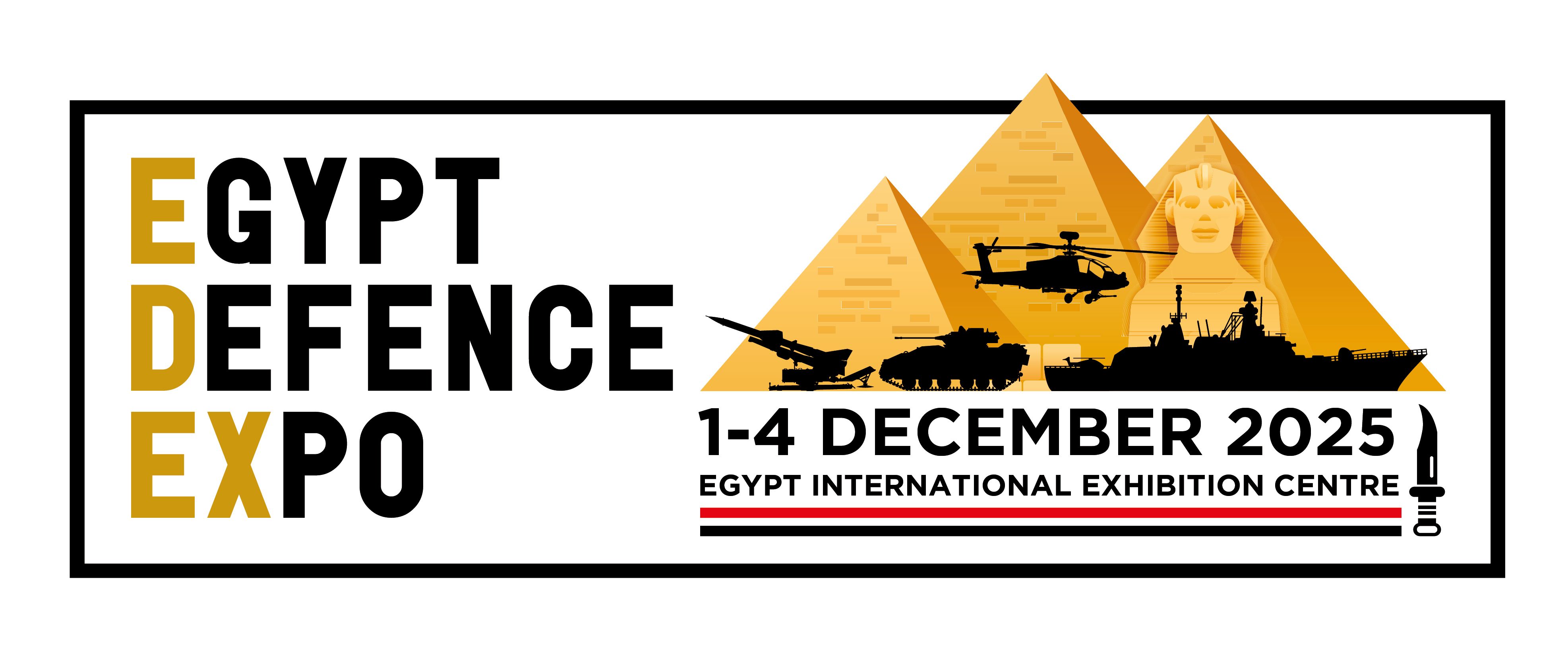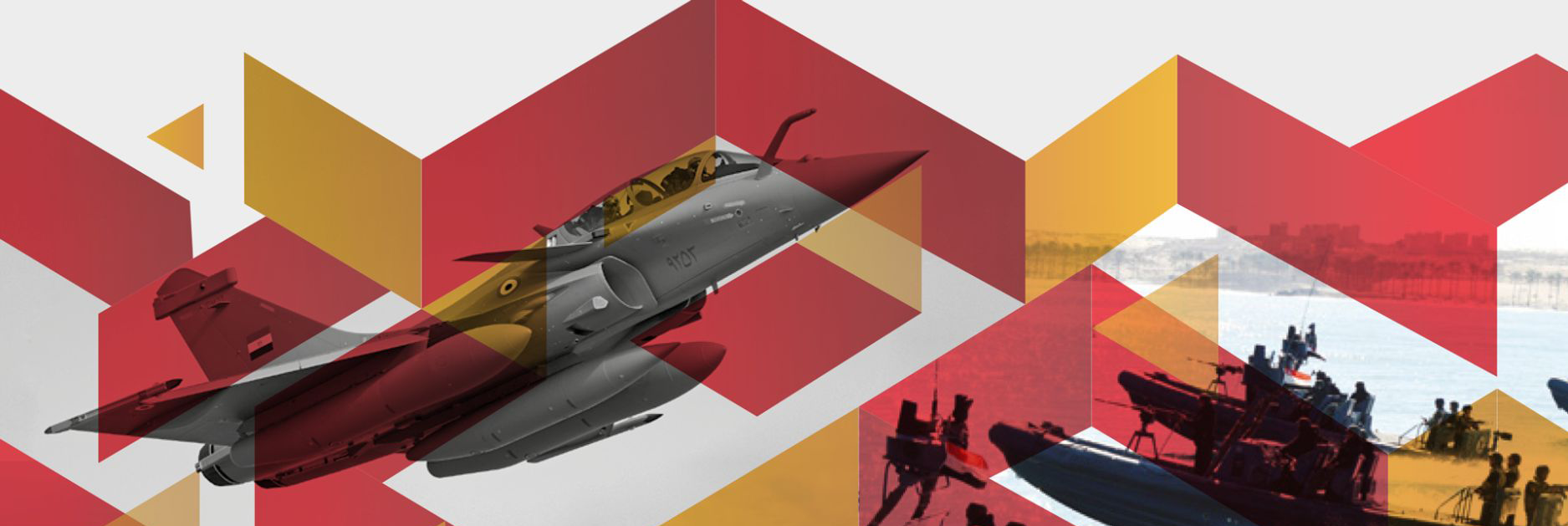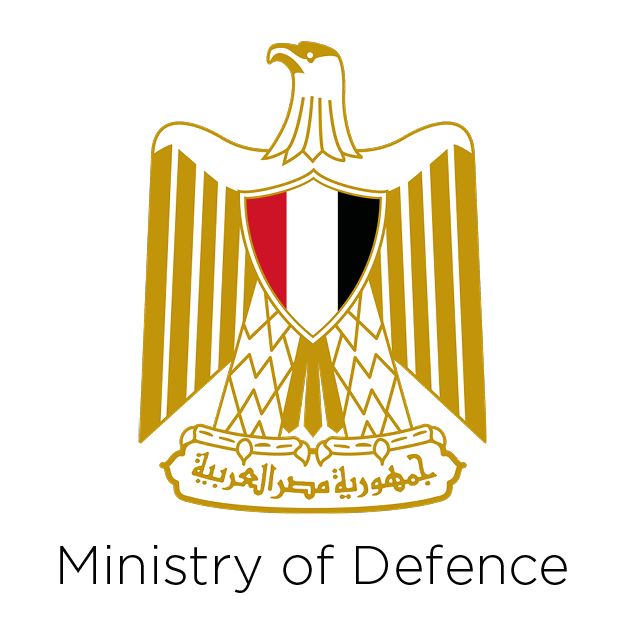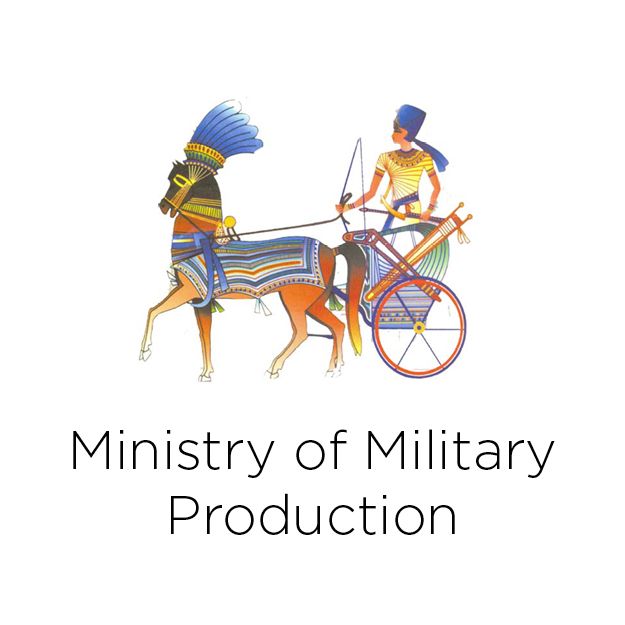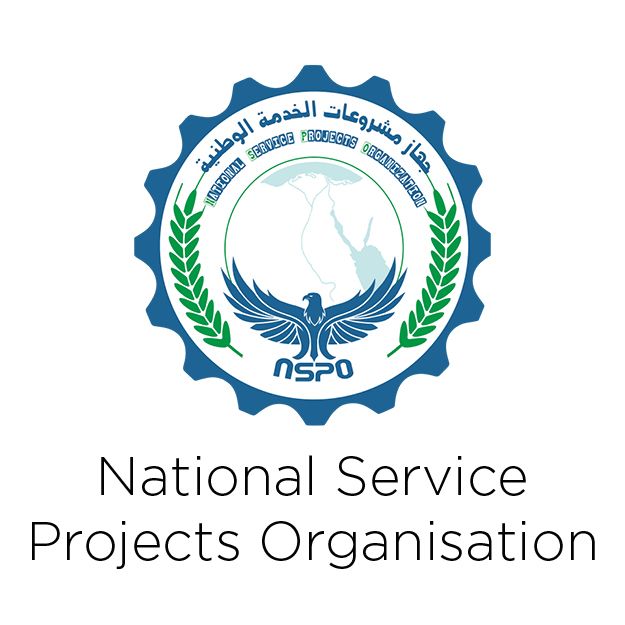Modernising the air force
)
On 26 May, the US State Department announced preliminary approval of the sale to Egypt of 23 CH-47F Chinook Helicopters for an estimated cost of $2.6 billion. The sale includes related equipment such as engines, GPS, navigation and missile warning systems, software, machine guns and ammunition. The announcement comes only a few months after the State Department’s 25 January approval of the sale of 12 C-130J Super Hercules Aircraft and three SPS-48 Land Based Radar Systems for a total of around $2.55 billion. The total value of Egyptian-US arms deal so far this year is around $5 billion.
The aircraft in both deals are designed for transport, say military experts in Egypt. The giant C-130J Super Hercules airplanes are new addition to the Egyptian air force fleet.
Egypt already possesses Chinooks but the latest deal involves an upgraded model. This indicates that Egypt has achieved another qualitative leap in modernising its military logistic and tactical capacities, part of its overall strategy for upgrading military assets in general. It is also in the process of modernising its fleet of combat aircraft, towards which end it has concluded two deals with France for Rafale fighter jets. One deal has already been implemented and the other was signed last year.
The delivery of the new transport aircraft will take place over the next two to three years during which the air force will begin the process of replacing or renovating older models. Obsolescence is a factor all armaments strategies must factor in. It can hamper servicing and maintenance, and it can also entail considerable costs, as would occur, for example, when spare parts have to be manufactured specially for countries that own old hardware. Sometimes it might cost more to service obsolescent aircraft than it would to buy a new model.
Major General Mohamed Qashqoush told Al-Ahram Weekly that strategically these major arms deals reflect excellent relations between Washington and Cairo. They are a gauge of how much the US administration appreciates Egypt’s central role in the region, the extent to which the two countries’ security outlooks and policies are in harmony, and the importance of the role Egypt plays in the regional security framework at the bilateral and multilateral levels.
It is noteworthy that in its press release on the deal the Pentagon’s Defence Security Cooperation Agency (DSCA) stated: “The proposed sale will improve Egypt’s heavy lift capability. Egypt will use this enhanced capability to strengthen its homeland defence and deter regional threats.”
The statement on the sale of the C-130Js in January was more detailed: “The proposed sale will improve Egypt’s capability to meet current and future threats by providing airlift support for its forces by moving supplies, equipment, and people, thus strengthening its capacity in the security and humanitarian arena. This airlift capability would assist with border security, the interdiction of known terrorist elements, rapid reaction to internal security threats, and humanitarian aid. Egypt also intends to utilise these aircraft for maritime patrol missions and search and rescue missions in the region.”
In a similar spirit, the US State Department said the possible arms sales to Egypt “will support the foreign policy and national security of the United States by helping to improve the security of a Major Non-NATO Ally that continues to be an important strategic partner in the Middle East.”
Observers in Egypt and elsewhere who have been following developments closely have also been struck by the significance of the statement by General Kenneth F. McKenzie, former commander of US Central Command (CENTCOM) before the Senate Armed Services Committee on 16 March 2022. The hearing concerned the approval of a sale of F-15 fighter jets to Egypt.
McKenzie welcomed the news that his government had finally agreed to provide Egypt with F-15s, even though it was “a long, hard slog” to get to that point. He noted that Egypt had wanted to purchase these fighters for decades but the US had been slow to respond. That it finally had was a landmark in bilateral military cooperation.
Military observers will also have noted that in its 2022 report Global Firepower, a leading ranker of national military forces around the world, listed Egypt as the strongest military power in the Middle East on the basis of conventional, non-nuclear defence indexes.
Egypt was followed by Turkey, Iran and Israel. Yet in contrast to these other regional powers, which are engaged or have recently engaged in armed conflicts outside their borders, Egyptian foreign policy is disinclined to militarism and interventionism, seeking instead to defuse tensions and promote peace.
Western organisations often attempt to link arms sales to Egypt with the state of human rights in the country, something that has long been a bone of contention in Egyptian-US relations.
During Ramadan, President Abdel-Fattah Al-Sisi unveiled a national dialogue initiative. Prior to this, Egyptian authorities began releasing political activists at a growing pace. Yet analysts do not believe these moves were prompted by US or Western attitudes. Rather, they say, they are the result of domestic considerations.
The arms contracts appear to have hinged primarily on Washington’s current outlook on the Middle East and the convergence of Egyptian and US interests and policies. Cairo was crucial to ending the last war between Israel and the Palestinian factions in the spring of last year.
The US also appreciates and encourages the role Egypt is playing in efforts to resolve the Libyan conflict, the most recent chapter in which was the meetings of the Libyan constitutional committee in Cairo this month.
Egypt has also been active in efforts to reach a political settlement in Yemen, and Cairo has agreed to a US request to resume flights between Cairo and Sanaa after a seven-year hiatus. The purpose is to support humanitarian operations in Yemen and to airlift out the ill and wounded.
